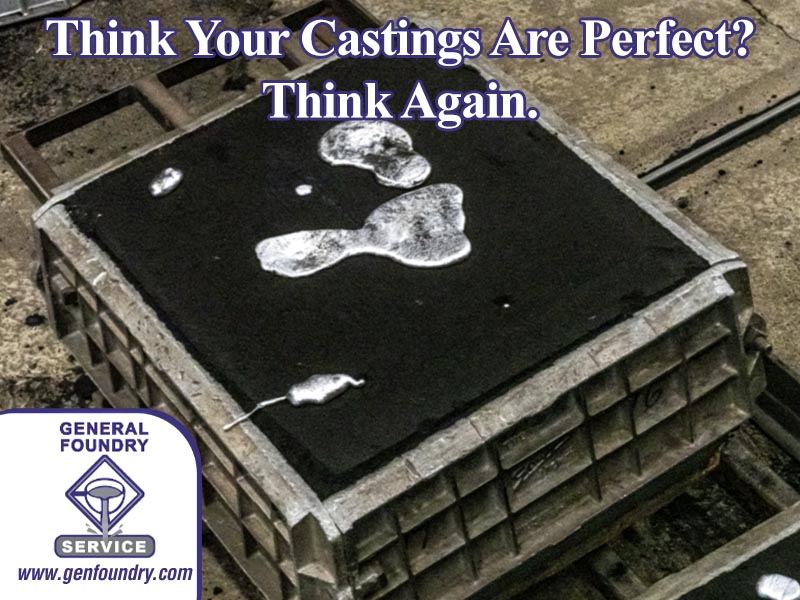
Sand casting is a cornerstone of metal manufacturing, prized for its flexibility and relatively low cost. Yet, even the most experienced can encounter unexpected issues that impact the quality and performance of the final castings. Beyond well-understood variables such as sand grain size, binder type, and pouring temperature, several less obvious factors can significantly influence the outcome of sand castings.
A key often underestimated element is the moisture content of the sand mold. Sand needs moisture to hold its shape, but too much can spell trouble. When molten metal meets damp sand, moisture rapidly turns into steam. If the mold does not allow this steam to escape efficiently, it forms gas pockets inside the casting, creating porosity and blowholes. This is especially critical in aluminum alloys with a relatively low melting point and high fluidity. The rapid steam generation can cause gas entrapment more easily than in higher melting alloys. The sand moisture must be carefully controlled and the overall design must incorporate venting systems to accommodate the fast flow of aluminum and its sensitivity to gas defects.
Beyond moisture, the chemical makeup of the sand itself plays a significant role. Trace amounts of impurities like sulfides or chlorides can react with the molten metal. In zinc-aluminum alloys, for example, chlorides can promote the formation of zinc oxide inclusions and degrade surface finish. Sulfur contamination may cause internal cracking or weaken mechanical properties in aluminum castings. Regular chemical assays of molding sand batches and sourcing high-purity materials help maintain consistency and prevent these microscopic defects that can compromise casting performance.
Sand compaction is another subtle variable with significant consequences. The way the sand is packed determines mold permeability and strength. If ramming pressure varies across the mold, this variation creates zones of different density. This unevenness can cause the molten metal to cool prematurely or flow erratically, leading to defects like cold shuts or misruns. This effect is pronounced in zinc-aluminum alloys, which solidify quickly and require consistent mold permeability to avoid premature solidification. Standardizing compaction methods, using automated or calibrated ramming equipment where possible, helps ensure uniform permeability and a stable metal front during pouring.
Conditions in the foundry environment are frequently overlooked but impactful. High humidity levels can cause the sand to absorb more moisture between preparation and pouring, increasing the risk of gas defects. Conversely, low ambient temperatures can accelerate metal solidification, raising the chance of shrinkage porosity and incomplete fusion. Ambient temperature can influence grain structure and mechanical strength for aluminum alloys, which cool relatively slowly compared to zinc-aluminum. Monitoring temperature and humidity, and adjusting sand conditioning or pouring parameters accordingly, is important to maintain process stability in variable climates.
Also, additives and coatings applied to the mold deserve careful scrutiny. While these can improve surface finish and reduce metal penetration into the sand, some formulations may reduce gas permeability or introduce unwanted chemical reactions. For example, coatings that work well with aluminum may trap gases when used with zinc-aluminum alloys, leading to blistering on the casting surface. Testing additives under real casting conditions is essential to understand their effects on both sand behavior and metal-solidification dynamics.
Sand casting quality depends on much more than the basics. Paying close attention to moisture control, sand chemistry, compaction consistency, environmental factors, and additive compatibility will unlock a higher level of casting reliability. These factors, while subtle, often differentiate a good casting from a great one, making all the difference in meeting demanding specifications for aluminum and zinc-aluminum sand castings.
How can General Foundry Service help you?
With nearly 80 years of casting experience in various critical industries, General Foundry provides you with “get it right the first time” quality and a genuinely customer-focused approach to each project. We offer best-in-class turnkey solutions with multiple processes and alloy options to meet your component casting needs. Contact us today for more information or to get started on your next project.

